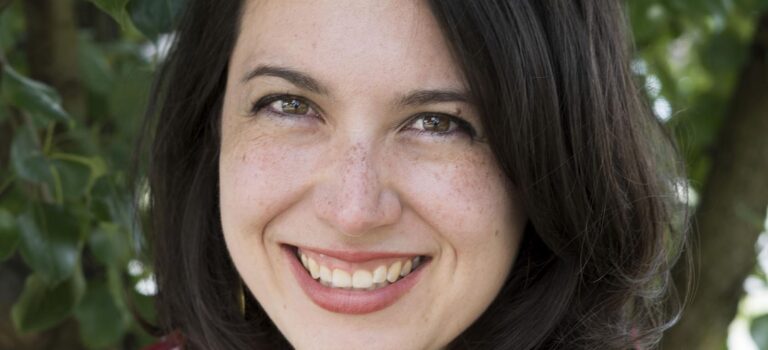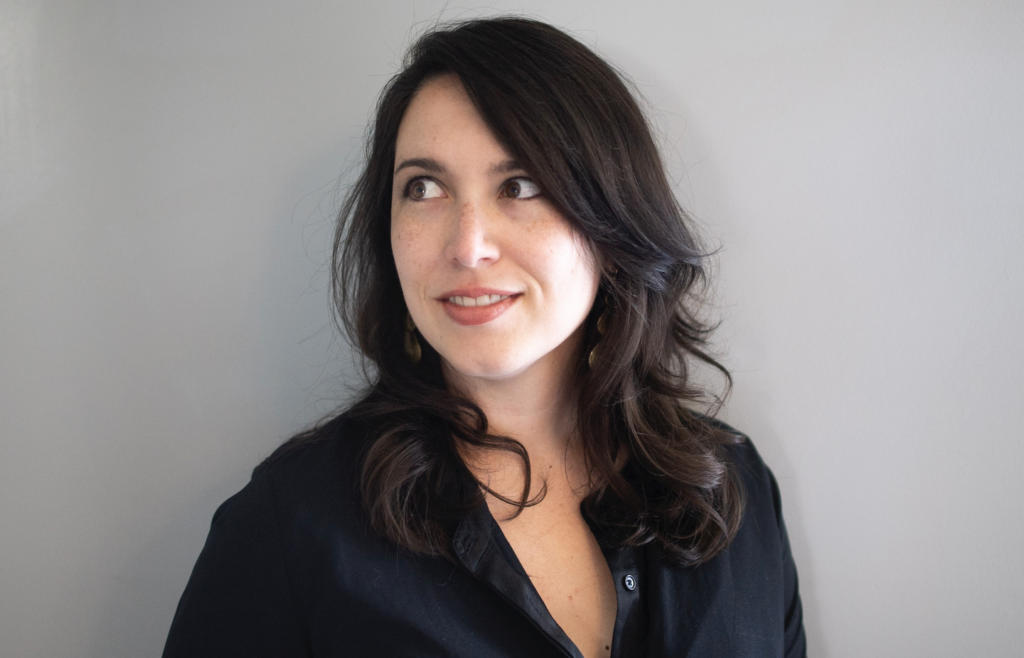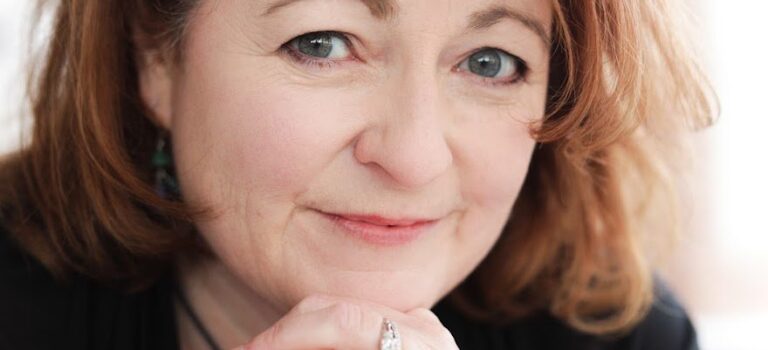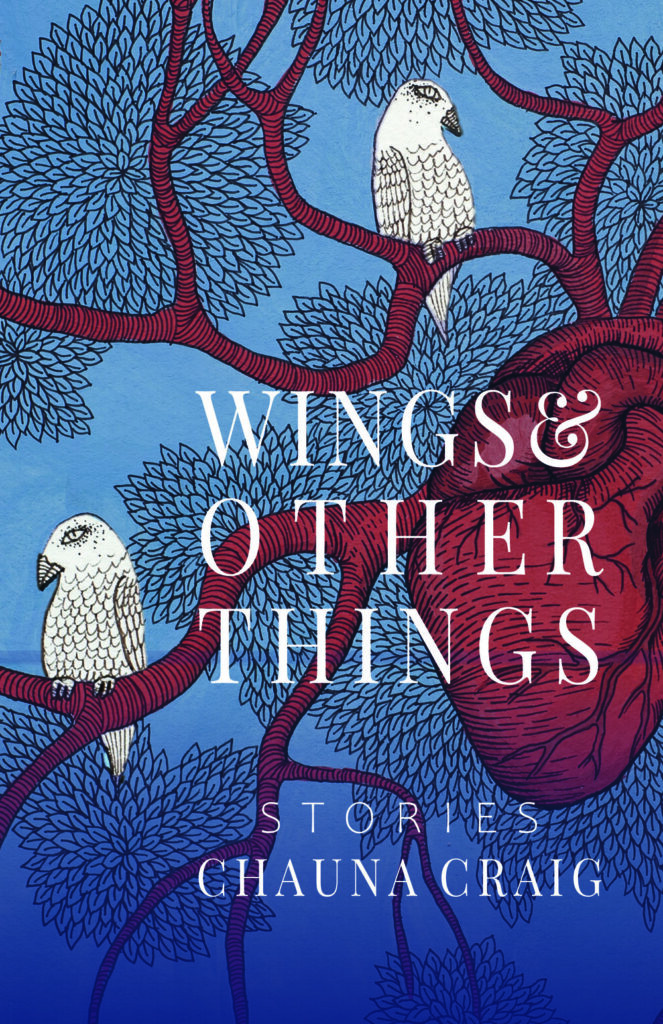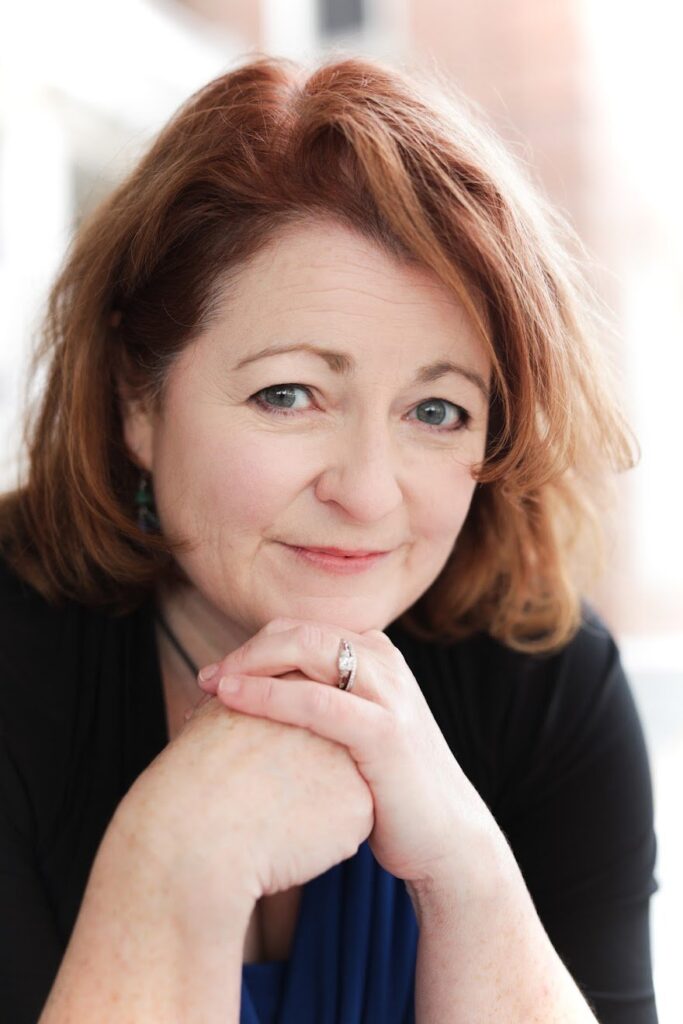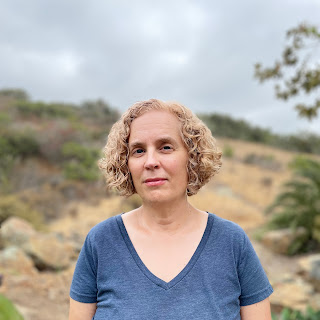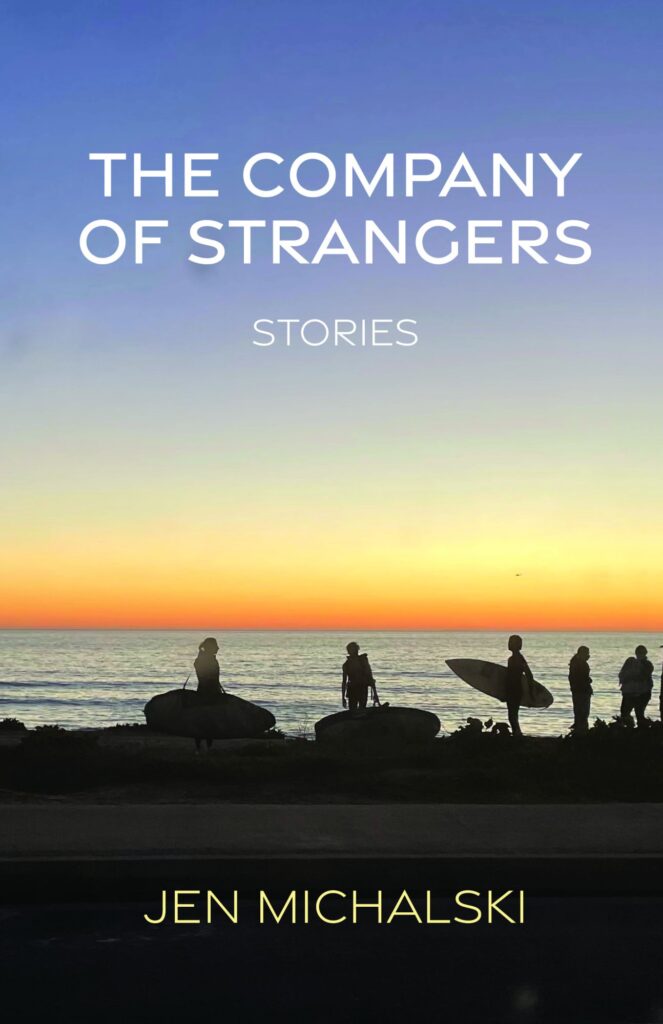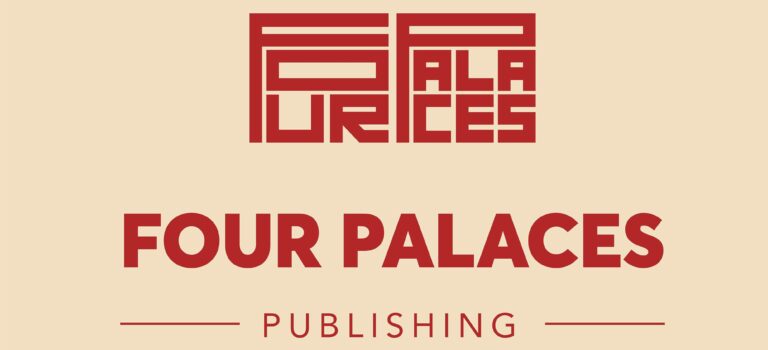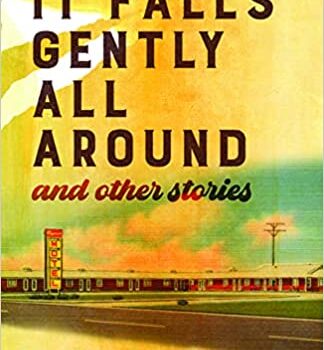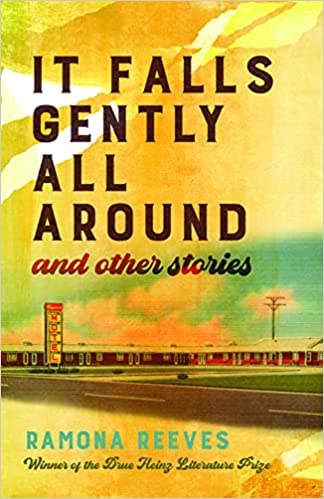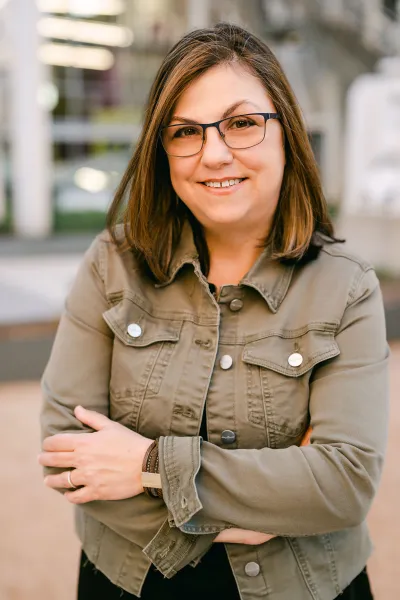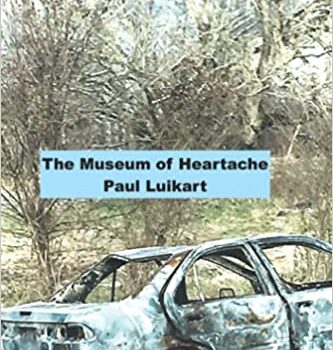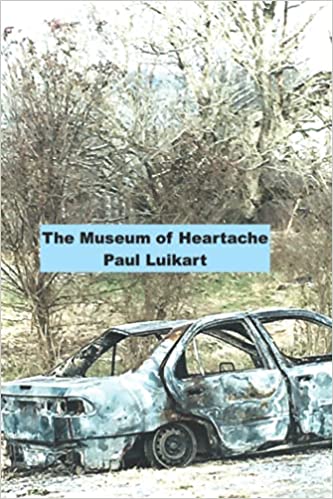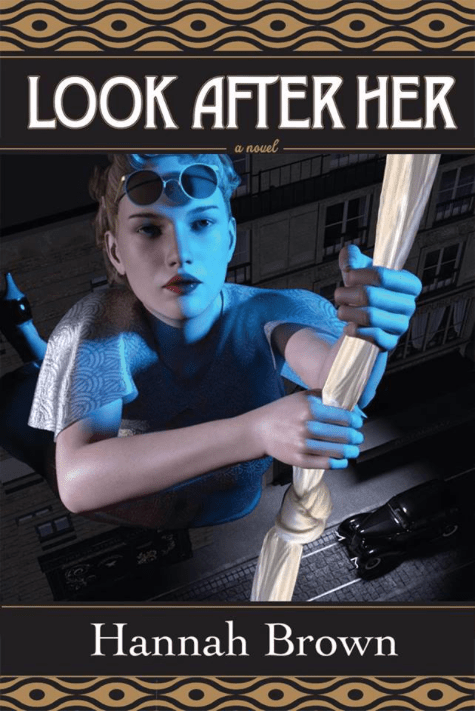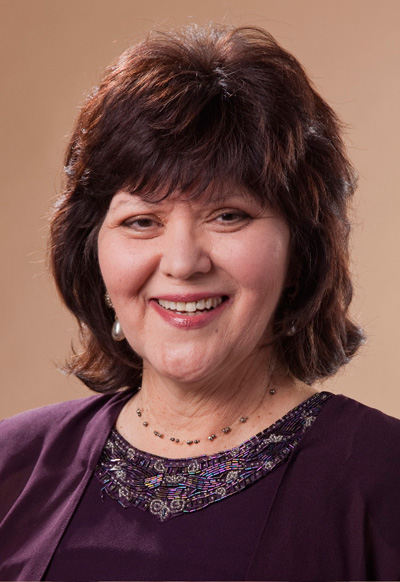It had been four years since my mother died, but sometimes I could still feel her. A whisper in the wind, a tremor of a touch on my shoulder. She always smelled like cinnamon. Her laugh was like a canary’s airy call. She made me blueberry muffins every weekend and called me, her little fish. Death is an absence, yes, but it’s also a presence. At times, it’s suffocating.
Dad and I lived inside a gated circle. When I closed my eyes, the iron gates closed around my heart. But the gates kept us safe from what was outside them, which was the world—those other people and everything else. The sun with its cell-splitting intense UV light. The gates can’t keep us safe from that, although we have good sun screen, and there are new pills that make our skin more UV resistant. Dad worked on those. Rigorously tested, totally safe, he had said, the first time he offered me one in our kitchen with pale yellow walls. The pill was a light blue, like a robin’s egg. I once saw a robin, but only once.
The gates were supposed to keep us safe from the outside. Those torrents of wind and rain—hurricanes, tornados, floods. The poisonous clouds that bloomed still from smoke towers in countries elsewhere. Far and distant and still knocking at our backdoors. We had extensive air filtration systems. We were ideally geographically located. Close to one coast, for the view of course, but well above sea level. Close to an ocean that was too cold to suffer from hurricanes. Dad and I moved here just a few months after my mother died. She would’ve hated the iron gates, but loved the proximity to the ocean. Every morning, I ate breakfast with my father. Something simple and healthy. Peanut butter in oatmeal. Eggs and toast. Cold cheese sandwiches. It was usually oatmeal. Animal products were limited, even to us, with our lucky wealth and privilege. Dad worked at one of the big tech conglomerates. Still, specialty food items were to be saved and coveted for momentousoccasions. I liked oatmeal. I added vanilla soy milk, shreds of unsweetened coconut, and lobs of organic peanut butter. Peanuts still grew well, even then. Those sturdy legumes, so good for the soil. There were a lot of peanuts and lentils because of that. I liked the texture of oatmeal, a little gelatinous and gooey. Like the inside of a person. When it comes down to it, we’re all soft and squishy inside. Mostly, I tried to act hard and stoic, but that’s all it was. An act. My skin is flexible, my whole body soft. Even bones break. Our bodies are so capable of crumbling, being turned from solid to dust.
Somewhere, parrot fish still chewed through coral, shifting it into sand. It’s impossible to comprehend all the tremendous changes happening beyond us.
As I ate breakfast with my father, I always pretended I was a parrot fish. One particular morning, when I felt a change in the air in the room—some consuming sweep of grief—I realized my oatmeal was too mushy. Suddenly, everything felt aslant, including my brain. I shook my head, wrinkled my nose at my oatmeal, chewed with my mouth open, molars clicking together, a lump of mush wriggling on my tongue.
“What’re you doing?” Dad asked. “Stop that.”
But I couldn’t stop. I pounded my teeth together. I was a young teenager and I was a parrot fish. I needed coral to chomp. I needed to make sand. But my oatmeal was nothing like oatmeal. There was almost no more coral, at least alive. They left behind their bleached and calciferous bodies. They made their own gravesites. Coral has outer skin that is hard as stone, and even they can’t survive us.
It’s the heat in the water. It’s inescapable. As the oceans warm they uptake more carbon dioxide, because warmer water can hold more. Carbon dioxide drifts from air to water—too much of it everywhere. And so the pH of water shifted, grew more acidic. Seawater was normally a little basic. A basic bitch, is what my friend Tina would call people she disliked. Sometimes, it’s good to have a little levity. The ocean was a basic bitch I loved. Simple in its limitless expansion. How basic! Tina would say of things she found boring. But I wish we could all be basic, return to a simplicity that wouldn’t cause carbon dioxide. As the ocean absorbs it, it gets less and less basic. Goodbye.
Here’s the point. Acidity dissolves calciferous creatures. They cannot build their bodies. The necessary ionic bonds will no longer hold, and so: disintegration. And so: these organisms cease to have homes. They are no longer gated, protected from the outside, which is the world, which is the water. Too much acid. Without protection, we all die. We have forged a world where we need protection.
“Stop that,” Dad said. Salt poured from my face. Oatmeal fell from my mouth. My teeth sounded like shells clattering. I could not stop. I was a parrot fish with nothing left to eat.
I fled from the table. Ever since Mom’s death, my father was used to my sometimes strangeness. My grief counselor said it was normal, even all these years later. I was eleven. Children cannot process death as adults do. The counselor told me to act through my feelings, but said I could never hurt myself.
I never wanted to hurt myself. There was already too much pain. But sometimes, I forgot how to behave. Sometimes I was swept up in something other. Sometimes I felt, my mother was coming for me. I didn’t know if that was terrifying or comforting. The yellow walls of our kitchen began to melt. They swayed like seaweed. Shifting bodies beneath them, within them, begging to be let out.
I ran from the table, my feet bare. I flung myself out of the front door and down the street. Perhaps, I heard my father’s call behind me. Perhaps, he simply let me be. I was safely nestled within the elite gate, and so I was safe from the outside, which is the world. Except I wasn’t safe. We couldn’t be.
I ran from the top of the hill down the winding path that led to the ocean. Of course, it was foolish to live so close to the sea, but the wealthy never could ignore aesthetics. I understood. The call of the ocean, that alluring murky eye. How blue in the sun, how green in the shade, ink-black at night. An expansive ocean view—what promise! No one could resist that. A view and safety at 1500 feet.
It was a luxury being able to run to the ocean. At the edge of our gated community, there was a solar-powered elevator that plummeted to the sand and a twisting metal stairwell. I took the stairs. By the time my toes hit sand, I was breathless, my energy burned out like a dead flame. I flopped to the sand. It was an early spring morning. A weekday. I would be late to school. I wouldn’t go to school at all that day. The beach was empty. Instead of getting ready for school, I was collapsed on the sand, my toes close to touching the upper crest of the tide. Sea foam flecked the sand beyond my feet. I breathed. I arranged my body like a sea star, each limb outstretched. I craned my neck. The sand felt good, sticking to my skin like that. As if eager to maintain the touch between it and my body.
My mind returned to parrotfish and their sand-making. Their voracious jaws and willingness to turn something solid into sand. Sand is solid, but not like a body is solid. Sand takes any shape it wants. Sand withstands. Can cling to a body to become part of someone else.
But in that moment, I was more starfish than parrotfish. Most of the sea stars along this coast had died. Some strange melting event. Their bodies giving up their solidity, transforming into something else.
I stayed there on the sand, waiting for my own body to melt. I wasn’t even thinking of my mother, I was simply swept up in an abstract grief, exhausted. Eventually my body grew tired of being tired. Maybe I had stayed there one minute or two years. Time felt longer when I was younger, and perhaps once I wound up on the sand, I had used up all my genuine sadness, and was playacting a little. I had committed to this bit, but on the sand, I grew tired of it.
I got up. I squinted my eyes in the sun. I did not brush the sand from my skin. I stood, flexed my toes. I placed my body in the exact edge of the sea foam, the darker, ocean-drenched sand slicing across the land. The wedge of still dry sand, bright and lightly hot. This was my favorite place in the world. It was also my mother’s favorite place. Both in and out of the ocean.
We’d lived farther from the sea when she was alive, but we’d still travelled to it. Family outings, blithe and happy. Mom always loved being in two places at once. Both out of the sea and touching it. She called it liminality. A word so long it sounded like an incantation, like witches gathering at a beach at dusk around a bonfire. They grilled soy dogs over the flame while mouthing secrets to the universe. Perhaps they would also have a cauldron. They would consume their fake dogs and pet their real dogs—they would’ve brought their dogs with them—and then they would fly. That was liminality. The consumption of the mundane paired with exquisite flight. My mom had been a writer, and perhaps some of her whimsy had passed to me.
I looked away from the ocean, and up into the sky’s vast sunlight. I would use the word liminality countless times in high school English essays. A word that sounded smart, but really wasn’t. Being between, experiencing duality. It was simply a truth of life. For years all humans moved through liminal spaces whether we knew it or not. We were always both dead and alive in this vibrantly alive and dying world.
I turned away from the sky. Its blueness that had entered my eyes expanded the iron gate surrounding my heart. I looked to the sea—another blue. Tender blue green that was also dark, that also promised freedom and something else. Something slick touched my foot. I startled. The tide was rising. I was ankle deep. Something beneath the water—tender and tickling—was still touching me. A long slice of something that looked blue. I bent down, plunged my hand beneath
that shallow skin of water. A fish. Dead. With two hands, I held her body. Silver in the light. Body as long as my forearm or longer. Amber eyes open and unmoving. A bonefish, I’d discover later that day, as Dad and I perused an identification guide we found online.
Bonefish. A lovely or else sinister name. Bones as strength and structure. Bones as spider-web thin and fragile. Bones as evidence of death. You’re all skin and bones! You’re nothing. A skeleton left in the sand.
It’s strange the way fish scales shimmer. As if actually metallic. What else can glitter like fish scales? The bodies in the ocean are bizarrely bright. Bioluminescence, jellyfish reflecting light, glowing as bright as a beacon. Fish made from slippery silver. From beneath, the ocean creates its own light.
The bonefish was heavy as I held her. My first real witness of death. My mother’s death had been severe and shocking, but abstract. There never was a body. She died in the great eastern flood that killed thousands, so, I had no idea exactly when or how she died, but I knew what it must’ve been like. The water sweeping in and surrounding her body. Her giving up—finally—opening her mouth to let the water in. But how—until the moment when you’re faced with real life and death—can you understand what that’s like? Opening your mouth. Relinquishing yourself to the world’s whims.
As I held the fish in my hand, that was death. Solid and absolute. A fish. As beautiful as glitter.
I inhaled and then lowered her back into the water. Then something else touched my foot. Several somethings. Around me, like a cold iron halo from below, eight or so corpses gleamed. I screamed.
My shout was a lighthouse of sound that lasted, kept lasting. I couldn’t stop. Rushing in pitch, gathering in volume. A wave gathering force as it moved toward shore. My voice reached a higher and higher peak, always about to crest and plummet. Violent energy scattering as sea foam and deeply dark water. My young voice, a force to be reckoned with, a system that couldn’t be controlled. I kept screaming. My sound soaring to the sky. A little girl inside a cloud.
As I screamed, fish gathered around me. Each body barely floating. Water-logged and rancid. These soul-stars of the deep, bonefish and angelfish and cod and pollock and—
Over the next week I would identify them all. My memory picture perfect. Death burns clarity into you.
My father wrapped his arms around me. He said, “Oh god.”
Where had he come from? I have no memory of his walking toward me. He wasn’t there, and then he was. He continued to hold me.
The beach shores filled with fish. Corpses unreal in their tangibility and lifelessness. Tens, then hundreds pooling on the sand. Fine, dead coral particles clinging to their skin. The sand didn’t know that their skin was cold and unmoving. That these bodies could take the sand nowhere.
As my father hugged me, clouds rolled in. The day turned gray, the blue above hiding behind condensed moisture that looked like cotton. And then, a slit of light pierced through the clouds to illuminate the pile of fish bodies as if the earth was saying, look at all of this, look at what you’ve done.
Michelle Donahue has prose published in Passages North, Sycamore Review, CutBank, Arts & Letters, and elsewhere. She holds a PhD in creative writing & literature from the University of Utah where she was a Steffensen Cannon fellow. Her work has been supported by the Kentucky Foundation for Women. She is an assistant professor at UNC Wilmington where she teaches publishing and creative writing and is the associate editor of Ecotone. Learn more about her on her website.
We are pleased to present an interview with Michelle Donahue below, conducted by Abygail Leon Zavala—one of Superstition Review’s fiction editors.
Abygail Leon Zavala: I noticed that there’s a constant use of color as a form of description within “The Ocean Creates Its Own Light,” specifically the color blue. Could you offer us an explanation on the importance of this color and what this detail means to you?
Michelle Donahue: I’ve always thought there was something watchful about large bodies of water. When I’m by a lake or the ocean, I always feel as if I’m being looked at, as if when water finds itself in the company of many, many water molecules it can forge its own consciousness. I know this isn’t scientifically true, but I can never shake the feeling that bodies of water are exactly that—bodies that can see. Maybe that sounds sinister, but I find it tremendously comforting and awe-inspiring. And so, when I think of water, I think so much of the visual, of color and images. The repetition of blue here is, I think, a result of that. This is a water story, so the visuals matter, and water often is blue. Plus, as you mention in the next question, this is a story about grief, and so blue made sense for the emotional threads too.
ALZ: This piece depicts grief and death as a suffocating and overwhelming event. What inspired you to write about the topic?
MD: This story actually started as a chapter of a novel I’m working on, which is very, very loosely inspired by the epic of Gilgamesh. In that tale, Gilgamesh loses his best friend, Enkidu, and it’s this loss that leads Gilgamesh on a quest to search for immortality. So, I knew I needed a death in the novel, one large enough to inspire the protagonist to go on her own journey. The novel too, is about the grief I feel over the species losses that have happened and are happening because of human actions, so I wanted to pair a specific human grief, like the loss of a mother, with a more abstract but expansive one, like the loss of whole populations. Although the moment in “The Ocean Creates Its Own Light” wasn’t working in the novel draft, I thought with a few changes, it’d make a compelling story that could tackle these griefs on its own.
ALZ: I enjoyed the description of liminality in this story and how it is a natural human experience. Can you draw on a few of your own experiences within a liminal space? In what instances do you feel the most “alive” in this “dying world”?
MD: I share some of the protagonist’s frustration and obsession with the word “liminality.” It’s a word that sounds pretentious and complicated but is such a simple, common experience. We cross boundaries and exist between them every day, perhaps most notably in the way we’re very much animals ourselves—driven by biological desires and needs—but can be so removed from the natural world. Also, as someone who is mixed raced but white appearing, I often feel like I exist in a bit of liminal space too, which is perhaps compounded by the fact that I’ve lived in five states literally coast to coast in the last five years. Sometimes I’m not sure who I am or where feels like home! I always feel most alive when I’m outdoors. Yes, humans have been responsible for a lot of destruction, but when I’m in a forest or on the coast, it’s impossible to ignore how much beauty, how much life there still is.
ALZ: On the About page of your website, I read that you are a lover of all bodies of water and have studied environmental biology along with creative writing. Could you explain how these interests came to be, and how it affects the process of writing something such as “The Ocean Creates Its Own Light”?
MD: As a child, I always loved stories, and I think it was around high school that being a writer felt like this beautiful, impossible dream. It was also around that time that I took AP Bio and fell in love with the discipline. Both writing and science feel like two vastly different and similar ways of trying to know the world.
I’ve always found it hard to articulate how the science background affects and influences my creative work. As one of my former students observed, “You write about animals. A lot.” And that’s perhaps the best way to put it. I write about what I love, what I’m obsessed with, and so often that’s the strange and beautiful life of animals, or in the case of this story, their deaths.
ALZ: In your bio, it is stated that you will be working on Ecotone. Could you further elaborate on what your role will be and the goals you are working towards?
MD: Yes! I just joined the brilliant faculty at UNC Wilmington, where Ecotone is published. In addition to teaching publishing and creative writing, I’m the associate editor at Ecotone where I’m working primarily on prose. At Ecotone our goal is to publish a diverse range of writing that reimagines place. An ecotone is an area of transition between two ecological communities (talk about a liminal space!), so at the magazine, we very much want work that explores the ecotones between scientific and literary disciplines, literary genres, identities, and so on. We’d love to see work from Superstition Review readers and staff, so keep us in mind in the future.
ALZ: What advice can you give to those who seek a publishing career or seek to get their work published?
MD: I think the best advice is simply: never give up. The only real way to fail as a writer is to stop writing. Any published writer knows it takes many, many rejections to accrue a few successes. As for a publishing career, I’d say find a good mentor. This can be done through an internship or first job, or through an academic program (here at UNC Wilmington we offer both a BFA and MFA certificate in publishing). Publishing really is an industry of love; you have to love the work you do, but if that’s true it’s incredibly rewarding.
